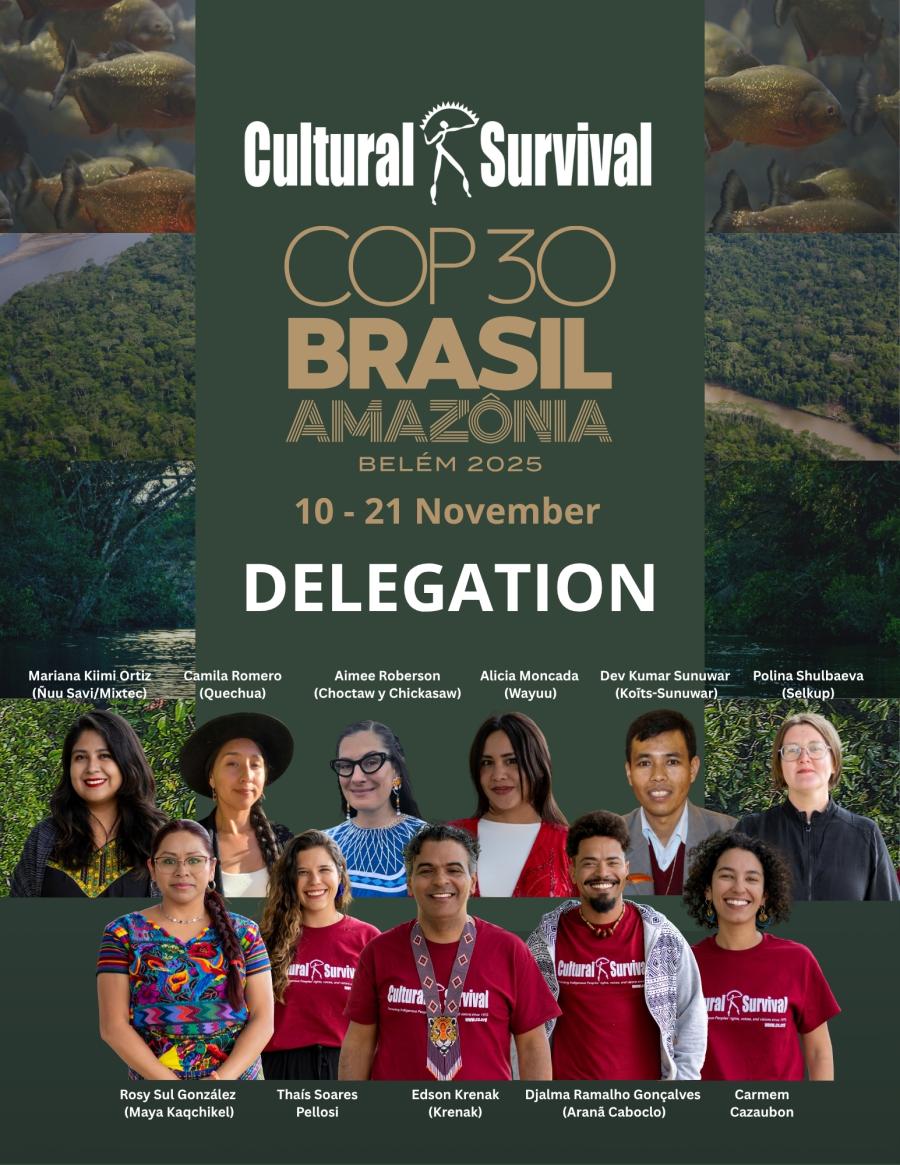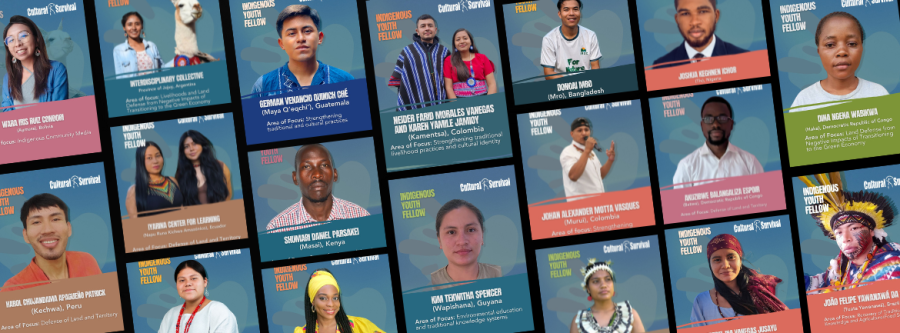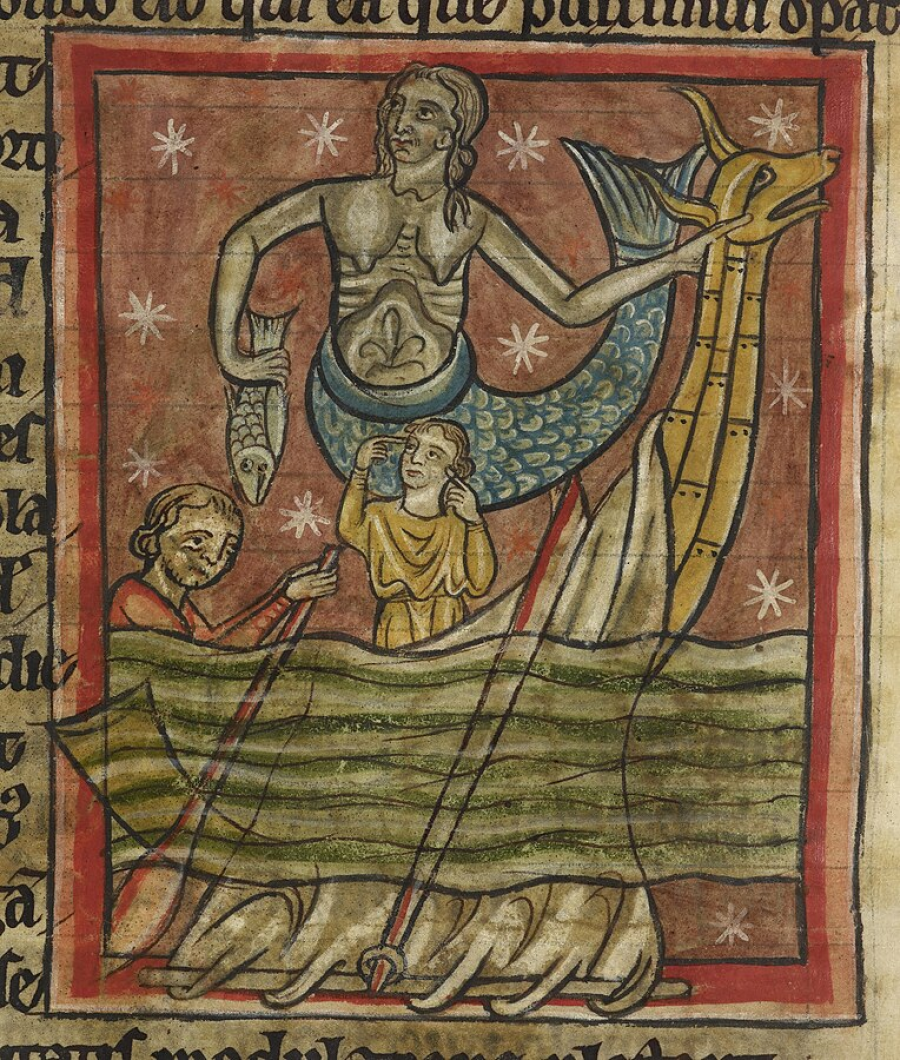The United Nations International Decade of the World’s Indigenous People comes to an end in December 2004. Although one of the primary objectives of the Decade—the establishment of the Permanent Forum on Indigenous Issues—has been achieved, many of the Decade’s proclaimed goals remain unmet. The Draft Declaration on the Rights of Indigenous Peoples, which would have provided an overarching legal framework for many national, mutlinational, and United Nations agencies, is in tatters. The Draft Declaration has been complete since 1995 but has been stalled in commission for the entirety of the U.N. Decade. While the establishment of the Permanent Forum and the adoption of comments addressing indigenous rights by both the U.N. Committee on the Elimination of All Forms of Racial Discrimination and U.N. Committee on the Rights of the Child are welcome, the need for a legal framework is indispensable. The Permanent Forum itself has largely been a replica of the Working Group save for a greater percentage of indigenous members.
The UN General Assembly resolution that created the Decade urged the UN financial and developmental institutions, operational programs and specialized agencies to honor the Decade by creating specialized policies, directives, and projects addressing the needs of indigenous peoples. Specifically the resolution asked these agencies:
- To give increased priority and resources to improving the conditions of indigenous people, with particular emphasis on the needs of those people in developing countries, including through the preparation of specific programs of action for the implementation of the goals of the Decade, within their areas of competence
- To launch special projects, through appropriate channels and in collaboration with indigenous people, to strengthen their community-level initiatives and to facilitate the exchange of information and expertise among indigenous people and other relevant experts
- To designate focal points for coordination of activities related to the Decade with the Office of the United Nations High Commissioner for Human Rights
While the Office of the High Commissioner for Human Rights, as the coordinator of the International Decade, has implemented many activities, most U.N. Specialized Agencies, apart from the International Labor Organization (ILO) and U.N. Development Program (UNDP), have failed to develop specialized policies on indigenous peoples.
Adopting the UNDP Policy on Indigenous Peoples
In 1995, the UNDP drafted guidelines for support to indigenous peoples that were formally adopted as UNDP and Indigenous Peoples: A Policy of Engagement.
UNDP adopted its policy after two conferences held in 1999, one in Geneva and one in New York. While these workshops were useful in eliciting the responses of indigenous peoples to the basic tenets of the policy, indigenous input was limited. The interaction as a whole did not rise to the level of actual consultation. UNDP held no meetings with indigenous peoples while drafting the policy. In contrast, the World Bank has an ongoing consultation on its Draft Revised Policy on Indigenous Peoples. Indigenous peoples have been involved in that process at every step, resulting in a slower but more consultative and invested process. Yet the U.N. Specialized Agencies often receive less public criticism than financial institutions like the World Bank. The top-down approach and lack of valuable consultations prior to the adoption of the UNDP policy has had dramatic effects on the agency’s programs. In the UNDP country offices across Asia, there is little awareness on indigenous and tribal issues, and most indigenous peoples in general remain unaware of the UNDP policies.
Nonetheless, the UNDP is gradually moving toward implementation of its policy. Traditionally, U.N. Agencies have focused their indigenous programs on South America. In September 2003, however, UNDP launched the Regional Initiative on Strengthening Policy Dialogue on Indigenous, Highland and Tribal Peoples’ Rights and Development (RIPP), focused primarily on Southeast Asia. According to the UNDP, the objectives of the project are to strengthen policy dialogue and coordination on indigenous, highland, and tribal peoples’ rights and sustainable development. In line with this, the project aims to enhance inter-country sharing of experiences on priority issues, particularly with regard to reducing poverty among indigenous peoples. It further aims to build capacity among all stakeholders and strengthen information networks and knowledge management systems, particularly among indigenous peoples in order to support their full and effective participation in policy dialogue at all levels. Through an extensive consultation process involving all relevant stakeholders, the following three issues were identified as priorities: natural resource management; land and resource rights; and indigenous knowledge, culture and education. The project will be managed from Thailand and the participating countries include Cambodia, Philippines, Thailand, and Vietnam.
The UNDP has also provided follow-up assistance to indigenous groups receiving grants through the U.N. system, increasing inter-agency cooperation in respect to indigenous peoples. Finally, the agency has developed an indigenous component to its HURIST program (Human Rights Strengthening Program), which focuses on building human rights capacity at the UNDP country office level. Specifically, the program aims to broaden the sensitivity to and understanding of indigenous peoples’ rights among UNDP country staff. The program hopes to institutionalize indigenous participation and build support for rights-based development which takes indigenous needs and perspectives into account.
Activities of the ILO
The ILO was perhaps the most active of the Specialized Agencies in pursuing the goals of the Decade. The ILO began a fellowship program that trains indigenous leaders to work with ILO Convention 169, and organized briefings with indigenous leaders on 169. In addition, the ILO successfully persuaded 10 countries to ratify ILO 169 during the Decade. The provisions of ILO 169 also were succsessfully incorporated into the text of the Guatemalan peace process and the Mexican Chiapas agreements.
The largest intiative undertaken by ILO in support of the Decade has been the Project to Promote ILO Policy on Indigenous and Tribal Peoples (the ITP Project). ITP began in 1996, and focuses primarily on Africa and Asia, again trying to shift the U.N. focus away from Latin America so that it reaches a broader indigenous audience. The project has hosted conferences on the promotion of indigenous rights, legal reforms, and human rights training in a variety of countries, while also establishing a central African consultative body of indigenous leaders. ITP currently has projects in 13 countries.
In addition, the ILO established the Legal Empowerment of Indigenous Peoples in Central America project, funded by United Nations Fund for International Partnerships (UNFIP). The project, launched in 1999, focused on strengthening the capacity of indigenous peoples and their organizations to secure and defend their rights within the framework of national legal systems. The ILO also sponsors the Redturs project in South America which promotes sustainable tourism and cultural identity by increasing tourism to destinations and services operated by indigenous groups.
The variety of programs established by the ILO demonstrates the momentum the Decade was capable of, and the institutional change which was and is possible.
U.N. Specialized Agencies
While UNDP at least developed a formal policy immediately following the adoption of the International Decade and subsequently appointed a focal point on indigenous peoples, most U.N. bodies still have no specific policy relating to indigenous peoples.
United Nations Children's Fund (UNICEF), for example, lacks a specifically articulated indigenous children’s policy. The agency asserts that since its work is guided by Article 30, which enshrines the rights of indigenous children, a separate policy is unnecessary. Article 30 states “In those States in which ethnic, religious or linguistic minorities or persons of indigenous origin exist, a child belonging to such a minority or who is indigenous shall not be denied the right, in community with other members of his or her group, to enjoy his or her own culture, to profess and practice his or her own religion, or to use his or her own language.”
The U.N. Educational, Scientific, and Cultural Organization (UNESCO) also failed to articulate a policy on indigenous peoples, although it participated in broader U.N. programs. In addition, the U.N. Committee on the Rights of the Child, which supervises state compliance with the convention on the Rights of the Child, did not adopt a General Comment on Indigenous Children until the ninth year of the Decade. While the general comment is useful, it lacks the legal force that the Draft Declaration would carry.
Because of the lack of formal policy at many U.N. Specialized Agencies, the U.N. General Assembly’s call to give increased priority and resources to improving the conditions of indigenous people, has gone unanswered.
While the International Decade of the World’s Indigenous People has undoubtedly raised awareness of indigenous issues within the U.N. system, it is far from weaving those issues into the basic fabric of U.N. policy and international law as a whole. The Decade has managed to raise discussion, but the goal was to enshrine indigenous rights so securely that their existence was not discussed, but assumed. When contemplating the effect of the Decade on the U.N. system as whole, it is clear that that goal has not been met. However, an examination of what particular Specialized Agencies have accomplished, most notably the ILO and UNDP, offers clues to what is possible within the UN system. During what is likely to be declared the Second Decade of the World’s Indigenous People, the United Nations must provide more concrete goals for Specialized Agencies if the goals of the first Decade are ever to be met.
Suhas Chakma is the director of the Asian Centre for Human Rights and a member of the Asian Indigenous and Tribal Peoples Network. Nicole Yukna is a Cultural Survival intern and is a law student at Boston College Law School with a focus on international human rights.



